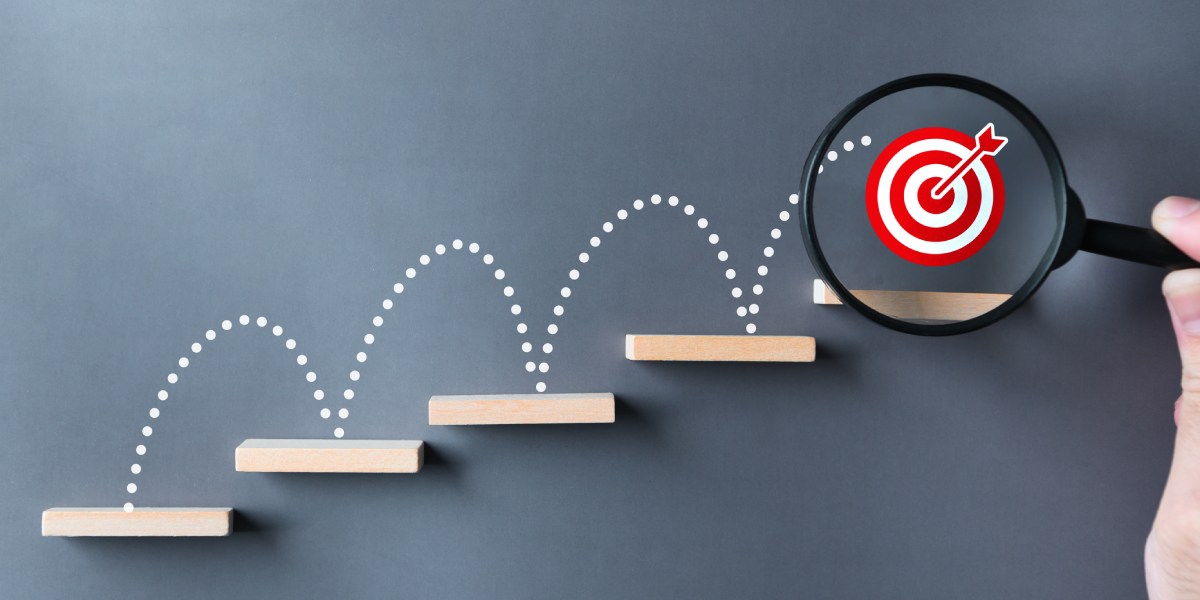By Susan Reilly – Head of Sales and Marketing
Competitor analysis is essential to understand the competition, spot possibilities, and gain a competitive edge in today’s business environment. Businesses can gain essential insights that guide their strategic decisions and foster growth by researching direct and indirect competitors. In this blog, we will discuss the importance of competition analysis, how it gives businesses an advantage, the many forms of competitor analysis, and how Customer Perceptions can help you achieve the results you’re looking for.
What is a Competitor Analysis?
Competitor analysis involves assessing the advantages and disadvantages of both direct and indirect competitors in your industry. It thoroughly analyses and explains the market’s trends, competitor strategies, and consumer preferences. You can get insights that influence your business strategy by analysing your competitors’ strategies, products, pricing, marketing techniques, and customer service.
How a Competitor Analysis Gives You an Advantage in Business
These are some of the benefits of a competitor analysis:
- Finding market opportunities: This involves researching your competition to find untapped markets, unmet consumer requirements, or new trends that your company can tap into. You can use this information to modify your offerings to appeal to new clients and outperform your competition.
- Recognise external variables: Competitor analysis enables you to pinpoint external factors, such as legislative changes, scientific developments, or market movements that impact your business. This knowledge aids your ability to predict problems and modify your business strategy as necessary.
- Improve your business plan: Analysing the strategies of your competitors will give you an understanding of what works and what doesn’t in your sector. Thanks to this knowledge, you can improve your approach and distinguish your brand.
- Enhance customer service: Examining the customer service strategies used by your competitors can show you where to improve your customers’ experiences. You can forge closer ties with your loyal customers by being aware of how your competitors interact with their clients and address their problems.
- Spot new opportunities: Gaining an insight of the clientele and value proposition of your competitors can help you spot possibilities to target and draw in your ideal clients. This information enables you to specifically cater your marketing messages and services to the needs and tastes of your target audience.
Competitive Analysis Methods
Businesses can conduct many sorts of competitor analyses to get insightful data. Here are a few options:
- Walk-in mystery shopping: In this form of analysis, we visit the location of one of your competitors to observe how they operate. We can assess the company’s customer service, product quality, store design, and overall customer experience by pretending to be one.
- Telephone mystery shopping: By talking to your competitor on the phone, we can evaluate the standard of their customer service, the speed of their responses, and the efficiency of their sales procedures. We can compare your performance to theirs and find areas for improvement using this approach.
- Website analysis: Investigating your competitors’ website user interface and web experience can help you improve your own. We can evaluate their overall user experience, as well as their design, navigation, and the functionalities of the sites. This data can help you make changes to your website and improve potential consumers’ user experience.
- Omni-channel analysis: In today’s digital environment, customer interactions occur across several channels. An omnichannel analysis looks at the customer experience across your competitors’ touchpoints, including call centres, websites, in-store interactions, emails, mobile apps, and social media. This analysis enables you to enhance your omnichannel strategy and understand how your competitors interact holistically with their clients.
Employ our Expert Services for Competitive Analysis
Customer Perceptions recognises the value of competitor analysis to effectively shape your business strategy and acquire a competitive edge. We provide thorough competitor analysis services that provide insightful information to assist you in making well-informed decisions. Contact us for more information today.





